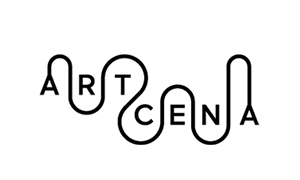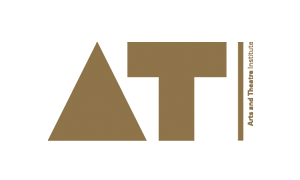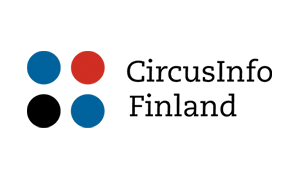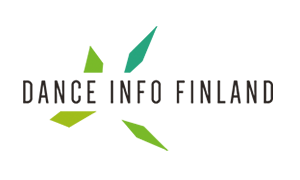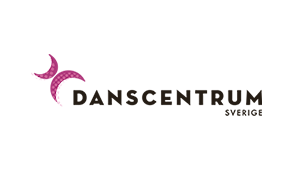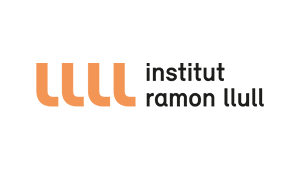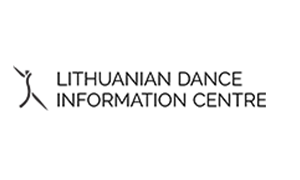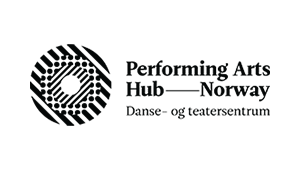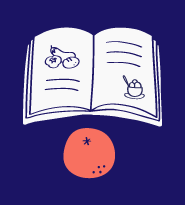
Most emerging artists and those in the middle of their careers want the same thing: more gigs. But they don’t know how to get new opportunities. The art of distribution is perceived as a great mystery that very few artists manage to solve. At the same time, it can be extremely discouraging to face repeated rejections or even no response from curators and programmers when sending emails to invite them for premieres, studio visits, or similar events. In addition, the small size of most companies and the lack of solvency of independent artists do not allow them to hire a team that manages the distribution, so all the responsibility falls on the shoulders of the artists diluting their role in many others and interrupting the creative function on many occasions due to labour management.
The digital world has opened new channels to bring us closer to other audiences and professionals and has offered other levels of agency regarding the communication of the works and the artists themselves. At the same time, it also presents new challenges; the rhythm, the spaces, the ecology, and the aesthetics of digital environments are unique and very specific, and not all works fit together quickly.
This cookbook is based on the content and lessons of the third Digital Leap module, which was curated by Matías Daporta and was held in Terrassa, Catalonia (Spain) in October 2022 and was organized by Institut Ramon Llull. The content of the cookbook is created by the curator, Matias Daporta, in collaboration with and supported by Performing Arts Hub Norway.
Course goals
In its online version, we hope to expand the notion of distribution/dissemination and bring it closer to your artistic practice. We will supply you with a tool kit to help you structure your company and/or artistry and will give you tips to better and more sustainably manage your projects and professional relations. It offers artists new scenarios for online collaboration and creation and an approach to the legal limitations involved in working on the Internet.
The seven lessons are
- Internet-based warm-up
- Expanded notion of dissemination
- Digital art fairs and other ways to build an international career
- The benefits of working with a cultural manager
- How to understand a curatorial program
- Socially responsible tools (and some that are not) to manage your projects
- Cultural and digital rights in dance projects
Keywords
Distribution, digital platforms, sharing data, networking, pitching, transdisciplinary projects, tentacular projects, digital culture, dance/circus fairs, expanded choreography, digital management, sustainability, ecology.
Editor
Matías Daporta
An a-disciplinary artist working nomadically between Barcelona, Madrid, and Cambados. He is a graduate of SNDO, has a degree in choreography from the University of Amsterdam, and has completed a Master’s degree in stage practice and visual culture from the University of Cuenca and the Reina Sofía Museum. His artistic projects are sprawling, and transcribed in a multitude of formats: performance, video, and text.
He is the artistic director of the annual curatorial project Me gustas pixelad_, for La Casa Encendida (Madrid), a three-day event that annually approaches digital cultural phenomena through the living arts. Daporta is also the co-director of the live arts festival DESFOGA, in Galicia.
His artistic works have been presented in international contexts such as Veem, Arti et Amicitiae, Corridor Space Project and Frascati Theatre (Amsterdam); Projection Room in Brussels; Oxo Tower in London and Centre of Mental and Physical Well-being in Bristol. La Neomudejar, Nave 73, La Colmena (Madrid); The Casa do Pobo in Sao Paulo; Sala Gaivotas, Espaço Comercio, Teatro Iberico and Sala Trindade (Lisbon). He has received support from AFK of the City of Amsterdam, AGADIC (Galicia), INJUVE, and PICE mobility grants from the Spanish Government. He has also curated events for institutions such as Graner, Fundació Miró, and Transitprojectes (Barcelona).
